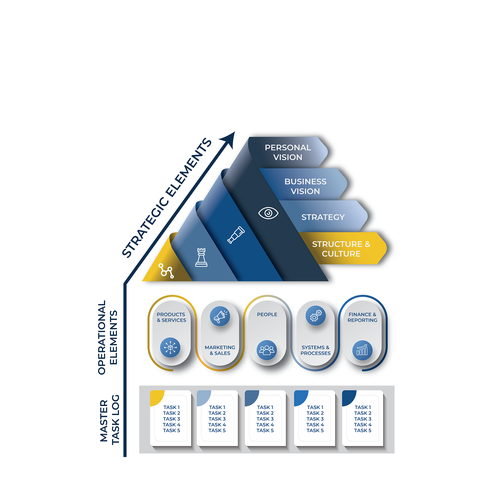Corporate and Legal Attorneys
Business Models

The Legal Technology business model focuses on developing AI platforms and software tools that clients use to facilitate legal completion. Machine learning models are often sold (and sometimes pre-trained for specific applications), and clients (law firms and corporate legal departments) use their own data (and even ) can be trained.
The legal operations business model reduces legal costs by breaking down the lawyer’s work into tasks and applying business process reengineering, process mapping, design thinking, and project management to improve workflow and quality. AI can be used to automate some of the process steps. AI can also improve predictions about resources and time to complete a project, facilitating performance-based pricing. The consulting business model advises law firms and corporate legal departments on the restructuring of their legal practice. This may include advice on choosing AI platforms and software tools.
These new business models are being used by legal tech start-ups and alternative legal service providers.
It seems natural that law firms bring in a lot of money. But since early 2012, several large and well-established law firms have filed for bankruptcy, calling into question their traditional business models. Law firms are required by law to be owned exclusively by lawyers and have adopted a partnership model. Partners typically employ law school graduates as employees, pay them salaries, and charge their clients hourly rates. As companies spend less on outside lawyers to cut costs, law firms tighten their belts to maintain profitability.
Expertise
CandLA’s retail-related services go far beyond litigation. Our collaborative, international team of attorneys, drawn from a wide range of practice areas and jurisdictions, provides complete legal solutions to our individual clients’ most pressing business issues.
Send a Message
Corporate and Legal Attorneys is proudly powered by WordPress




